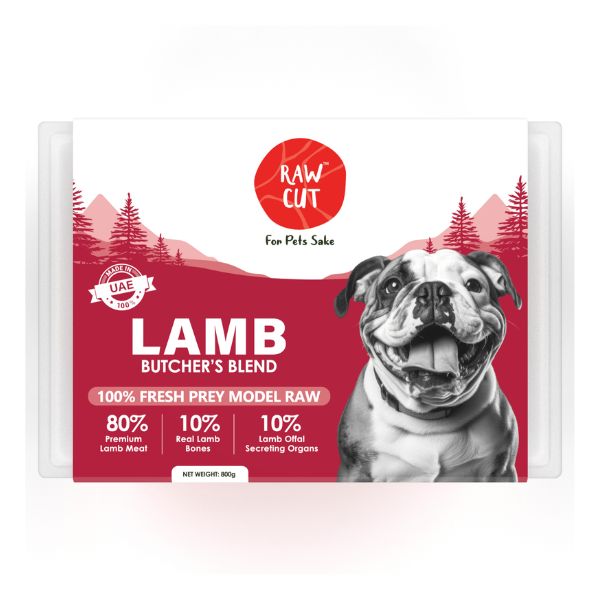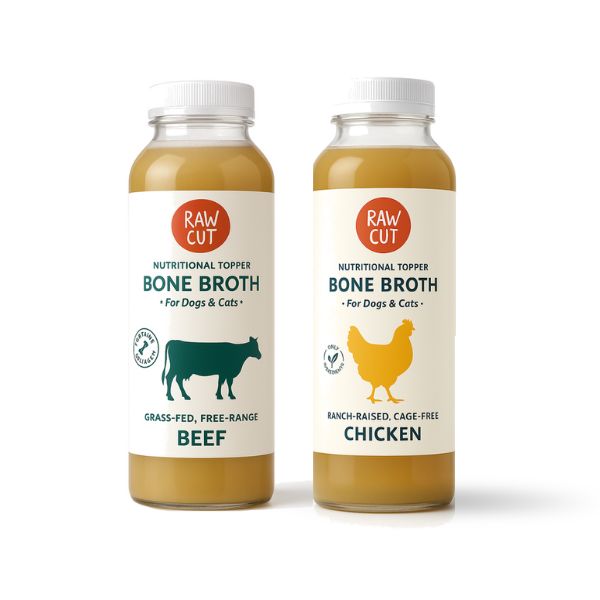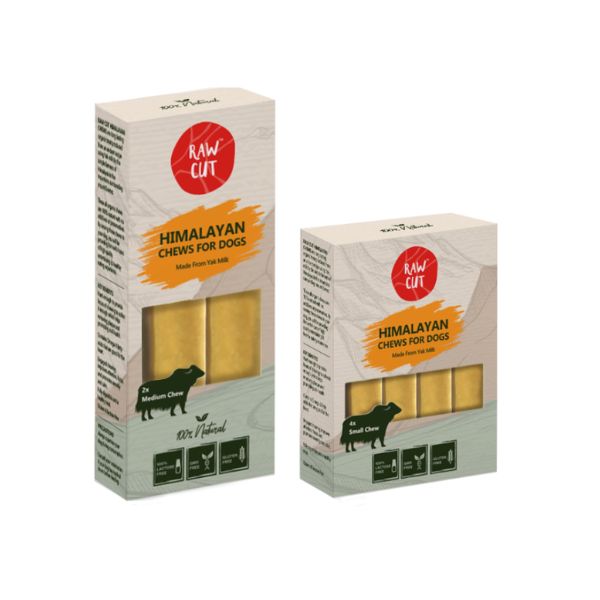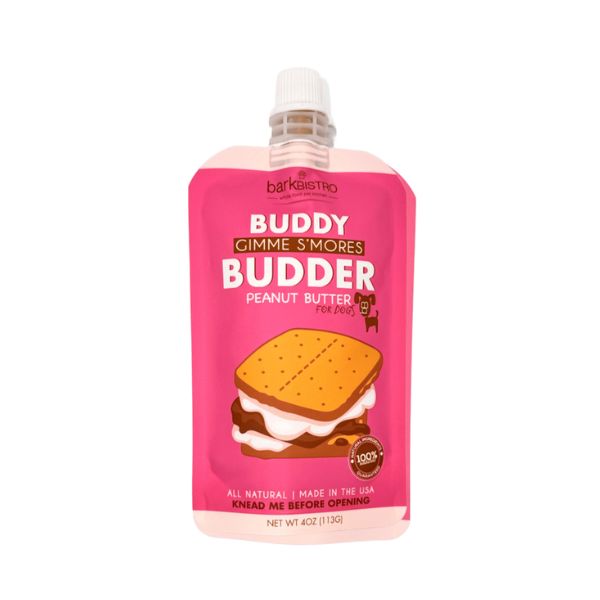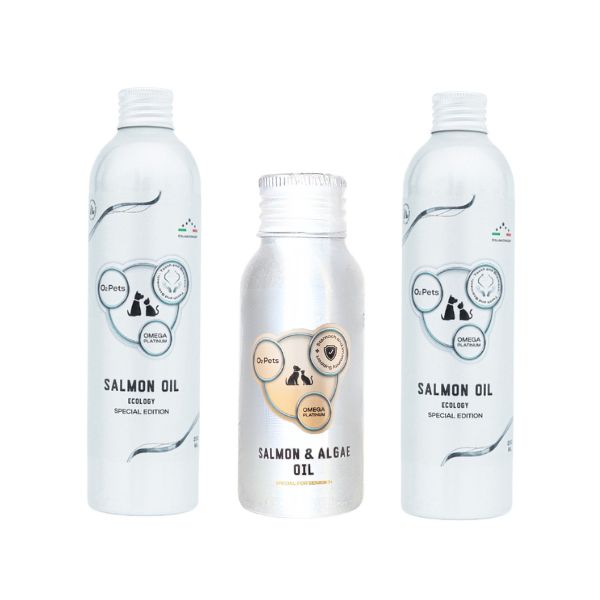What to Ask Your Vet
Most people love their companion animals just as much as they love other family members. A yearly check-up to your veterinarian will help you to keep them healthy and fit for life. It is essential to ask the right questions to make sure you get accurate advice from your vet. That is particularly important, if your dog has a sudden illness, had an accident but also if your beloved canine friend suffers from a chronic illness or cancer. You would want to know how to care for your dog the best way possible. 
What are the questions you should ask your vet
We suggest, whenever you take your companion to the vet, you make your self a list before leaving home. Read on, and we will show you which questions should not be missing on your list.
-
Could the weight of my dog improve?
According to veterinarians around the world, up to 50 % of the patients they see are overweight. Having a healthy weight is essential for your dog’s overall health. Ask your veterinarian whether your dog is overweight. If so, your vet can help you with a strategy, which will help your dog lose the extra kilos.
The same applies if your dog is underweight. This could be a sign of an underlying illness, which is not apparent yet.
-
Dental cleaning
Up to 80 % of dogs suffer from some form of dental disease. This problem is often related to their diet. If a dental infection is left untreated, it not only causes your dog discomfort and pain, it can lead to other diseases such as the kidneys, liver and even the heart. Ask your vet if your dog needs a dental cleaning. This procedure is best done when only mild gingivitis with no tartar build up is present. A yearly dental cleaning will save you money and keep your dog healthy.
-
Ask your vet if your dog is up to date his vaccinations
It is essential not to miss any refresher vaccinations to prevent your dog from illnesses like distemper, and other diseases.
-
Have you noticed that your dog behaves differently?
Changes in the way our pets behave could be indications that there is an underlying health-related issue. Also, be aware of changes in their eating and toileting habits. Your vet will do a clinical exam and give you the necessary advice if need be.
Make yourself a list of all the changes you have observed. Photos or a short video will give the vet additional information to arrive with the right diagnosis. Tell him when this ailment started and how often it happened since.
-
Does my dog need a blood test?
A blood test can give a variety of information regarding your dog’s health. Particular in older dogs, kidney and liver disease, diabetes and even cancer can be discovered early.
On the other hand, if your dog has a blood test every year, your vet has a baseline, from which he can observe your pet’s health over the years.
-
Flea and Tick treatment
Ask your vet about the parasites in your area and which treatment is best for your dog. If you decide on one treatment, ask how long it will protect your dog, so that you do not miss the next treatment.
-
Did you discover lumps and bumps on your dog
This is a question which often comes with age. Even the skin of your dog will change over the years; there could be an indication of cancer. Your vet will know if a biopsy is warranted. The earlier cancer is detected, the better the treatment options.


